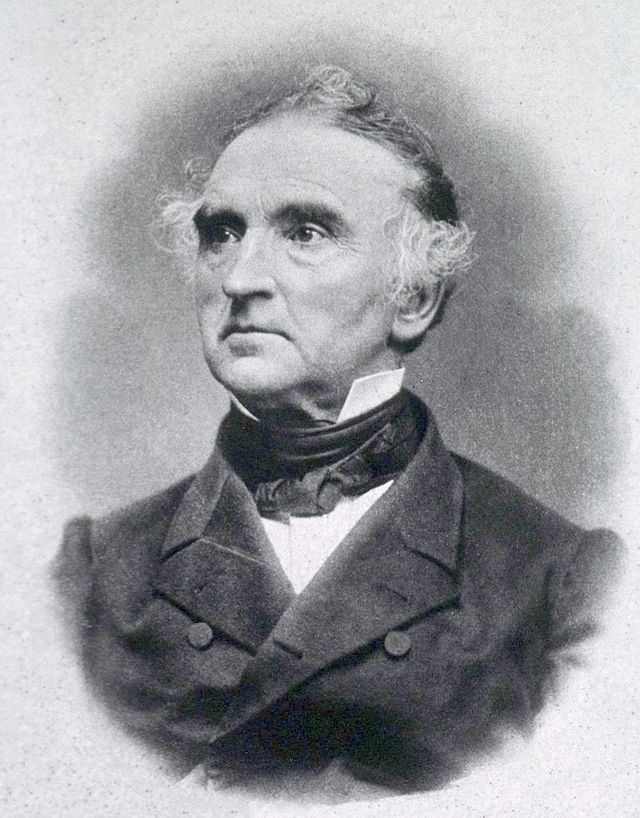Justus von Liebig: Difference between revisions - Wikipedia
 Article Images
Article Images
Content deleted Content added
Line 153: Other companies also attempted to market meat extracts under the name "Liebig's Extract of Meat". In Britain, a competitor's right to use the name was successfully defended on the grounds that the name had fallen into general use and become a [[generic term]] before the creation of any particular company.<ref name=Quinologist/> The judge asserted that "Purchasers must use their eyes", and considered the presentation of the products to be sufficiently different to enable the discriminating consumer to determine which of the products bore Liebig's signature and was supported by ''[[Freiherr]]'' von Liebig himself.<ref name=Quinologist2>{{cite journal|editor-last1=Mattison|editor-first1=Richard V.|title=The Quinologist|year=1883|publisher=s.n.|location=Philadelphia|pages=184–186|volume=VI|number=1 |url=https://books.google.com/books?id=_NADAAAAYAAJ&pg=PA184|access-date=4 November 2014}}</ref> Liebig's company initially promoted their "meat tea" for its curative powers and nutritional value as a cheap, nutritious alternative to real meat. But such claims did not hold up to scrutiny. In 1868 The Liebig company worked with popular cookery writers in various countries to popularize their products. German cookery writer [[Henriette Davidis]] wrote recipes for ''Improved and Economic Cookery'' and other cookbooks. [[Katharina Prato]] wrote an Austro-Hungarian recipe book, ''Die Praktische Verwerthung Kochrecepte'' (1879). [[Hannah M. Young]] was commissioned in England to write ''Practical Cookery Book'' for the Liebig Company. In the United States, [[Maria Parloa]] extolled the benefits of Liebig's extract. Colorful calendars and trading cards were also marketed to popularize the product.<ref name="Brock" />{{rp|234–237}} | |||